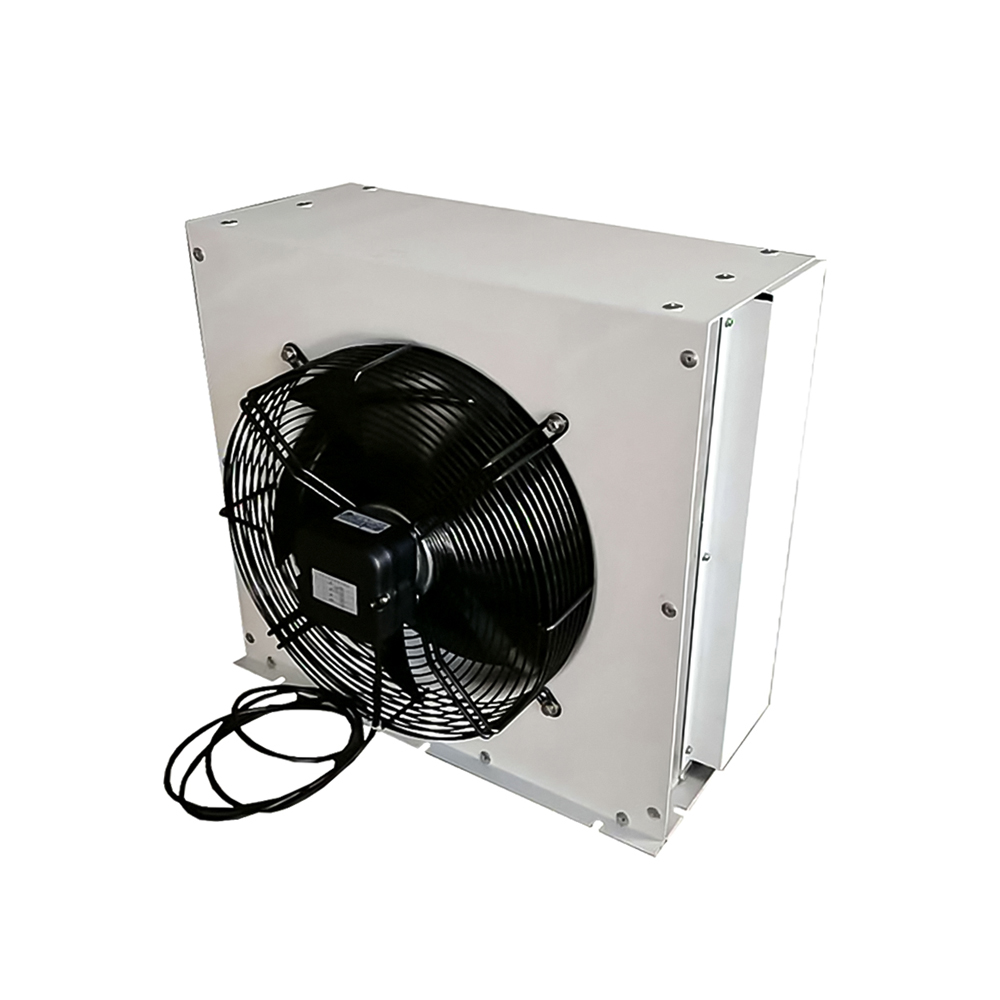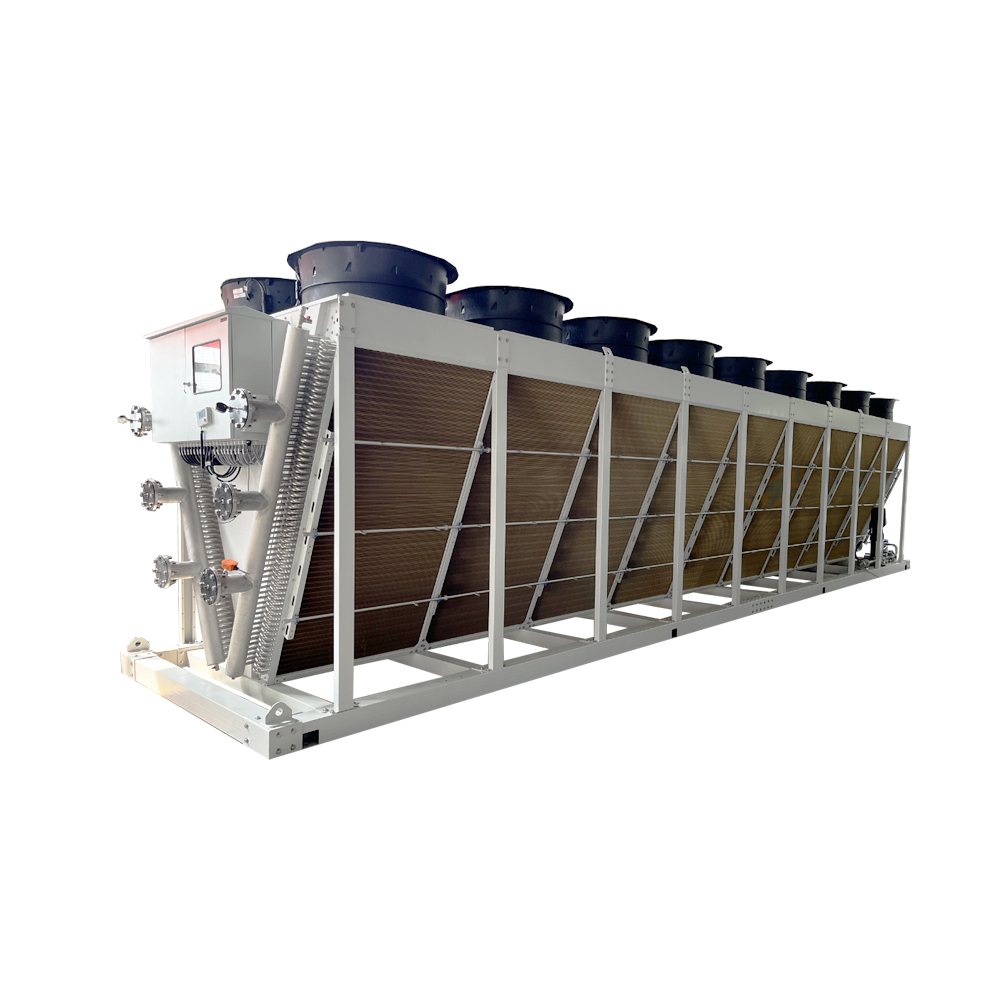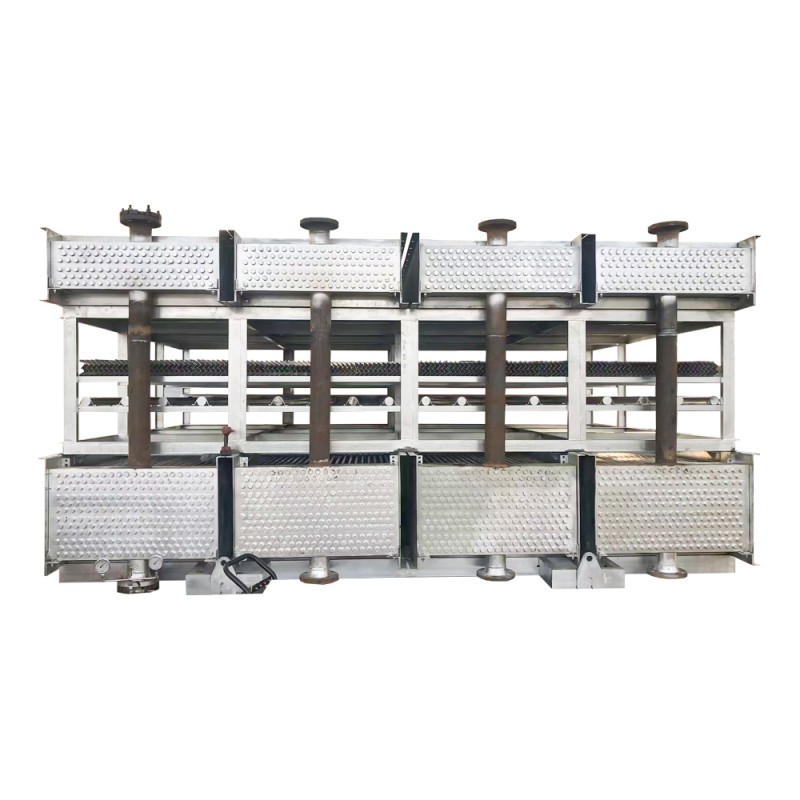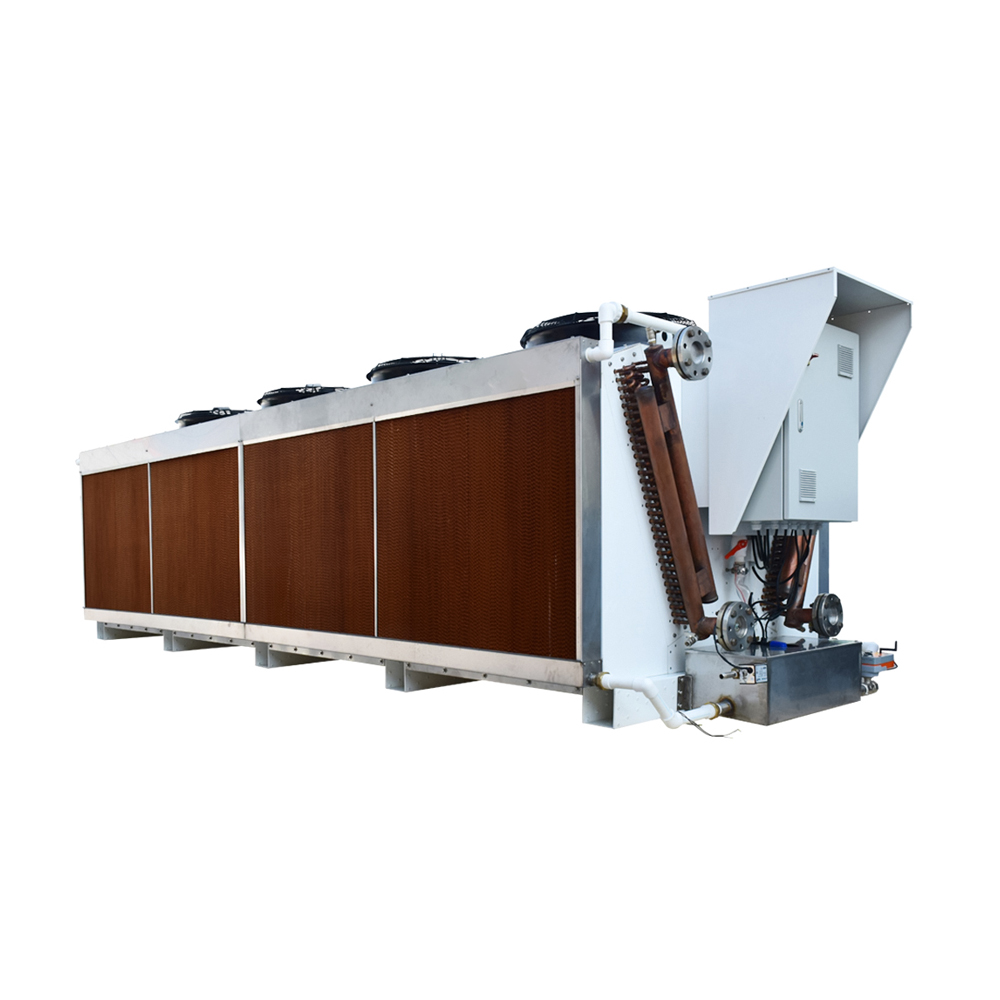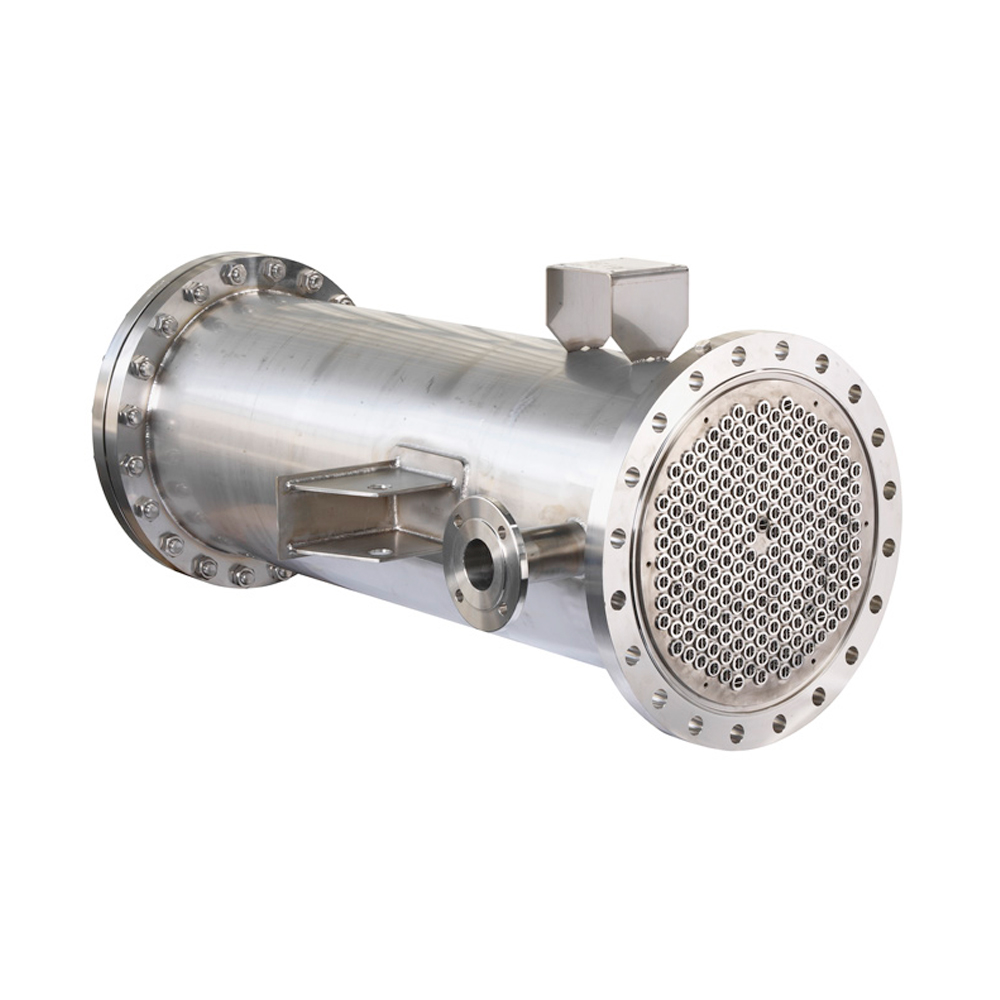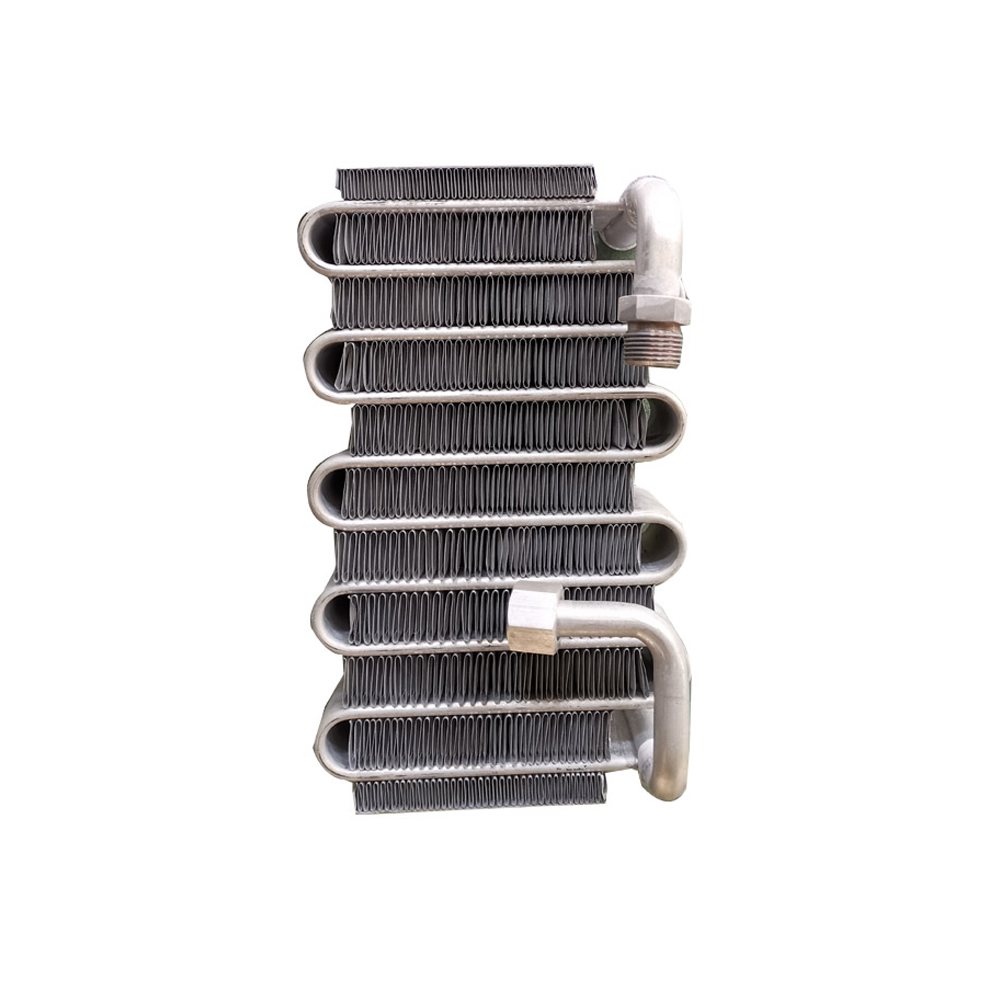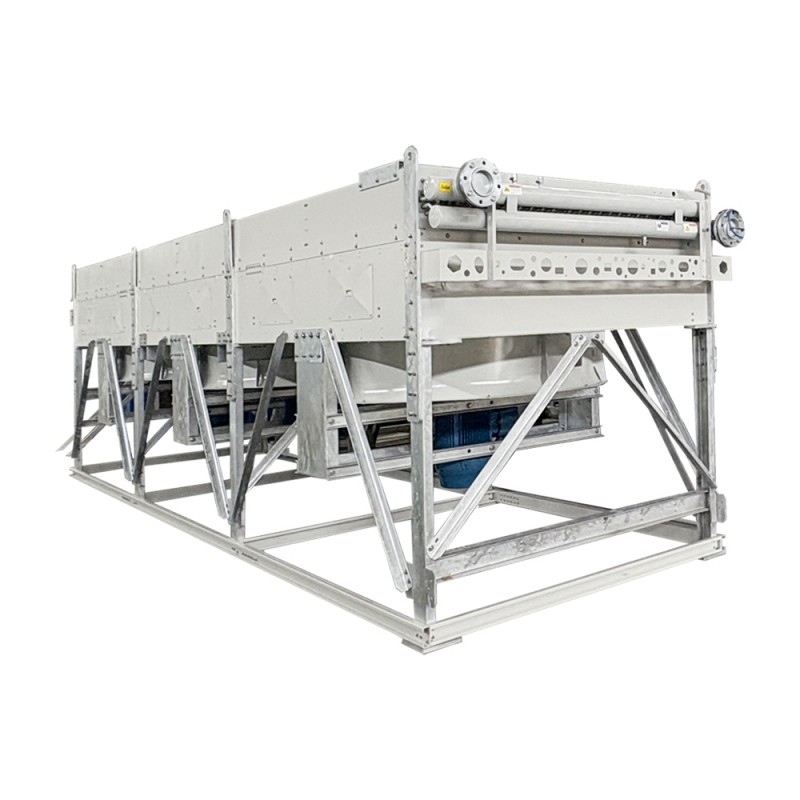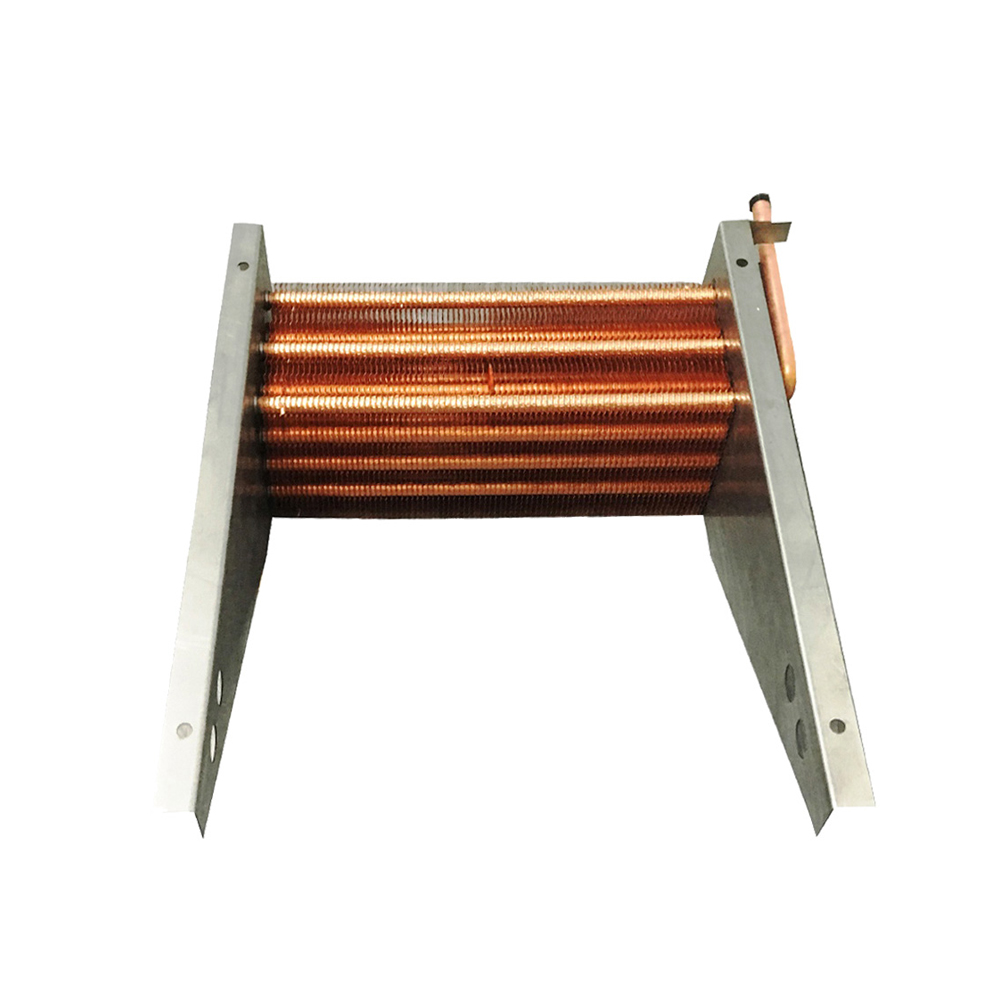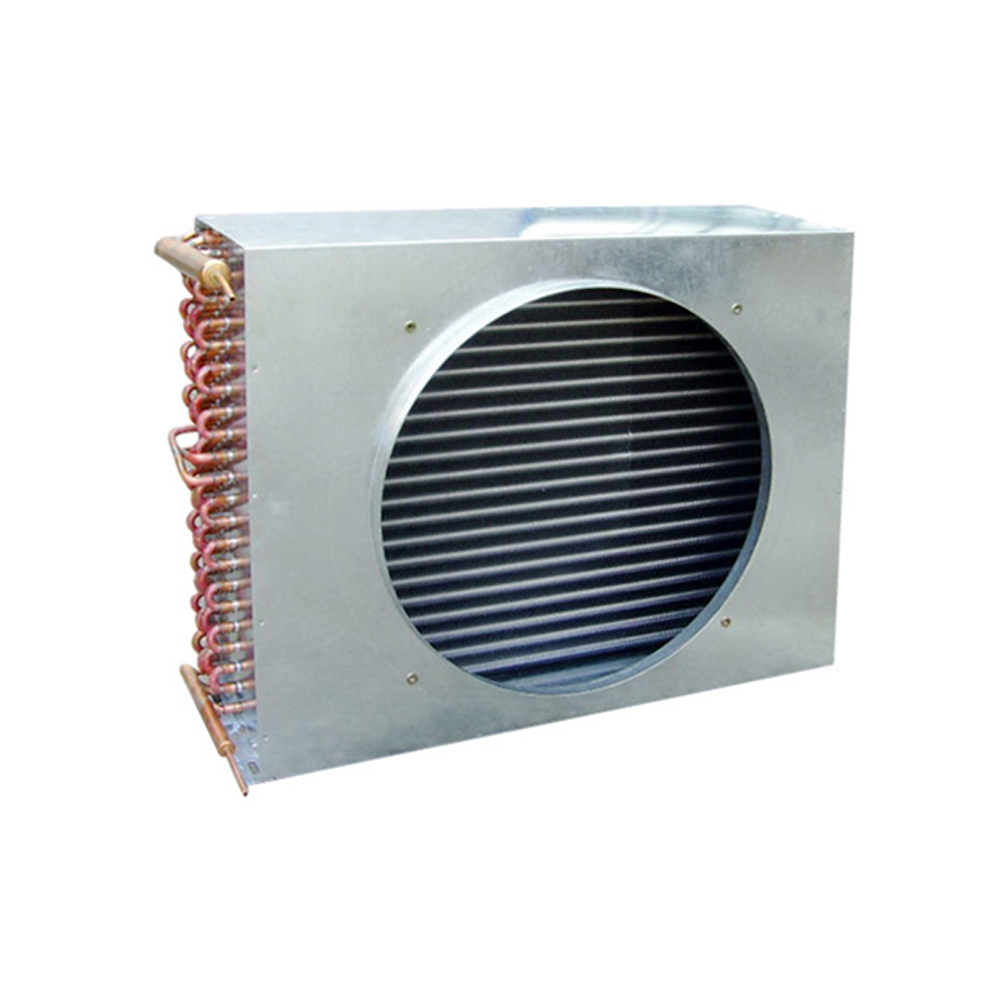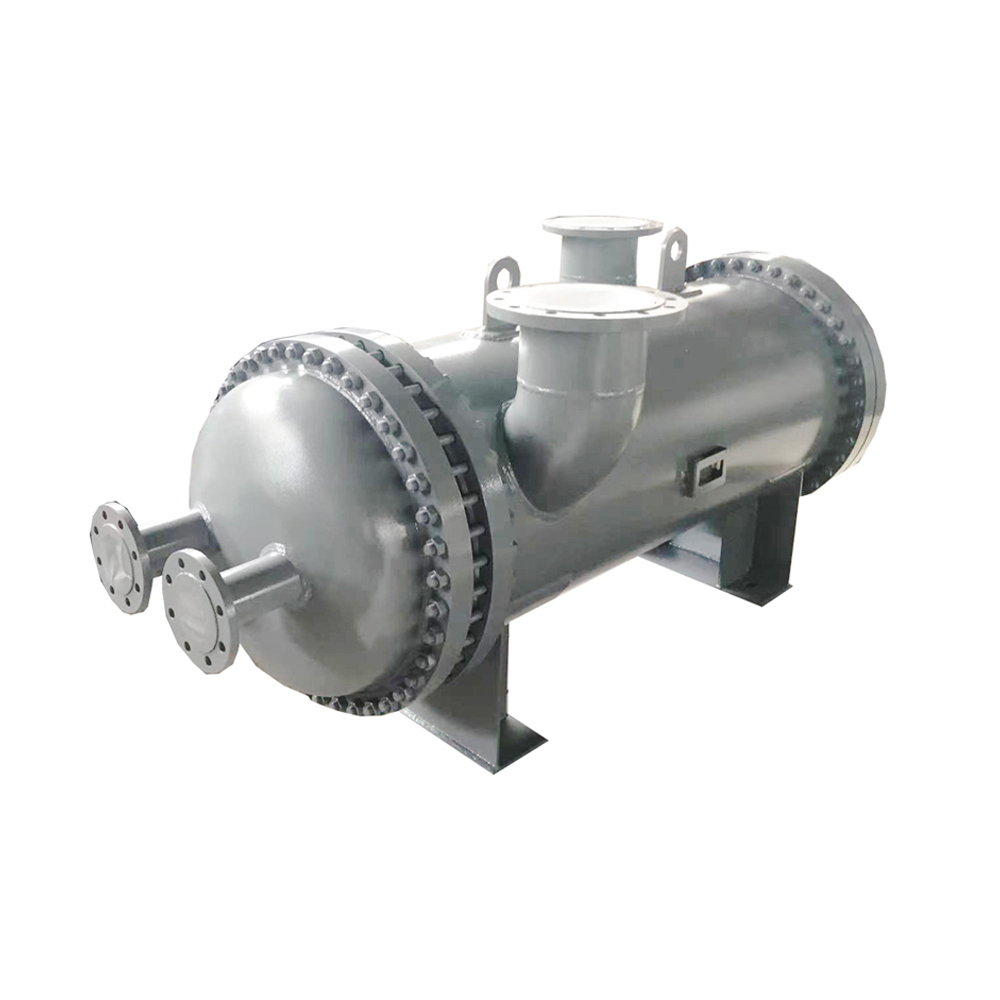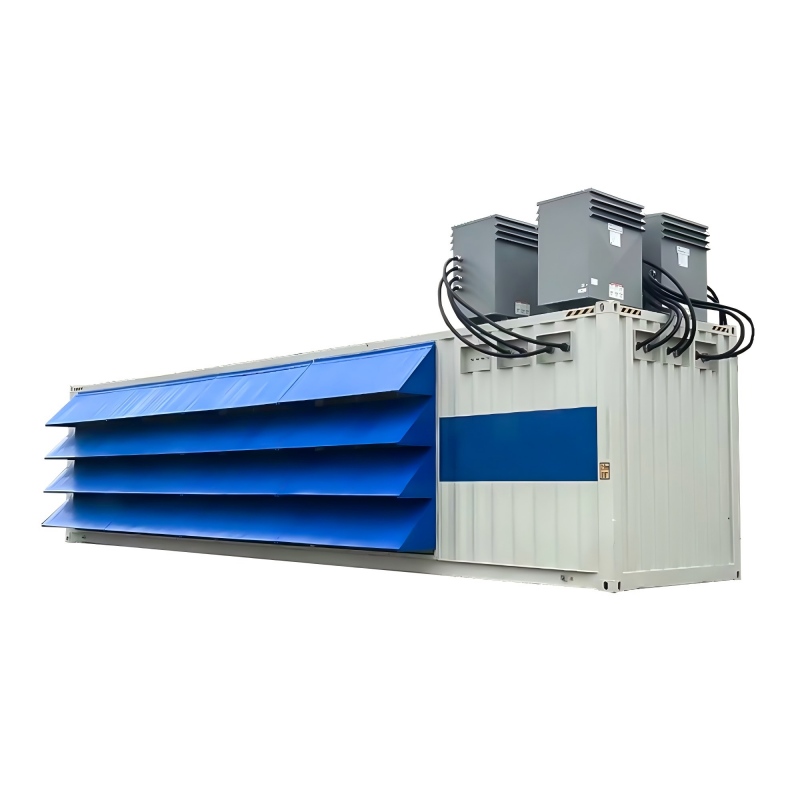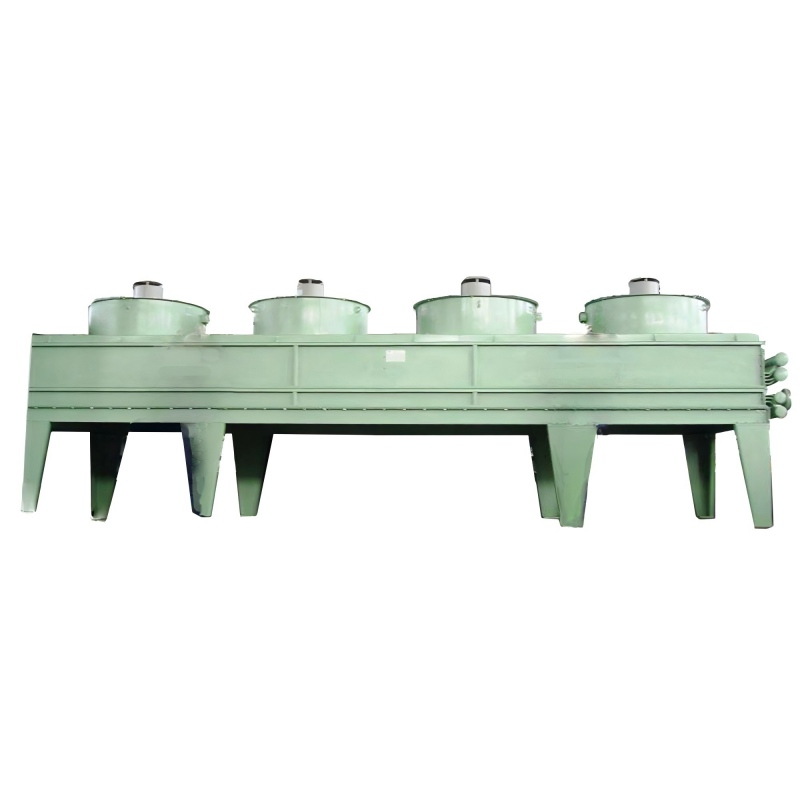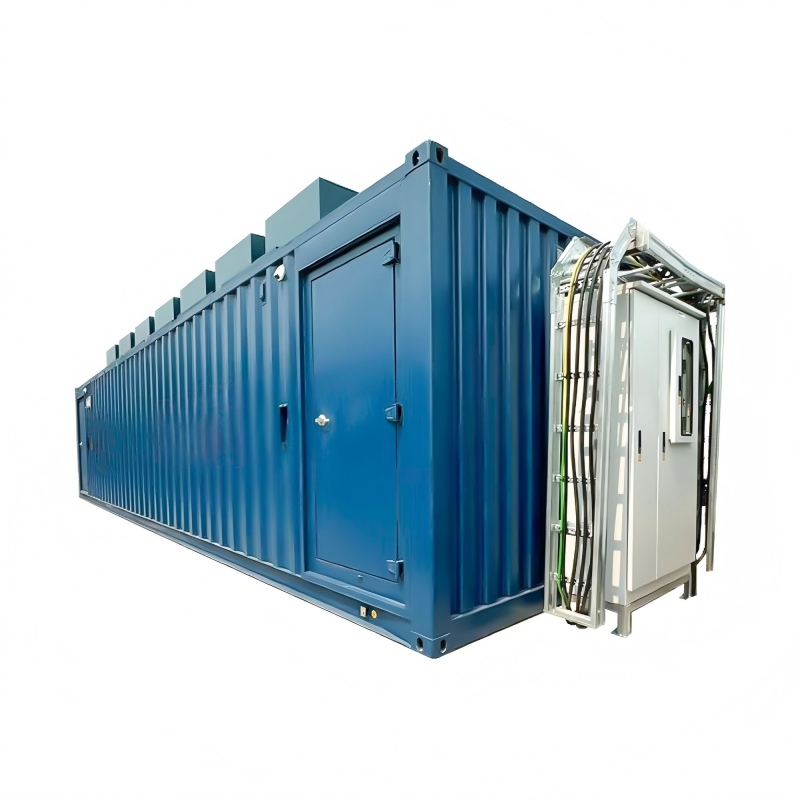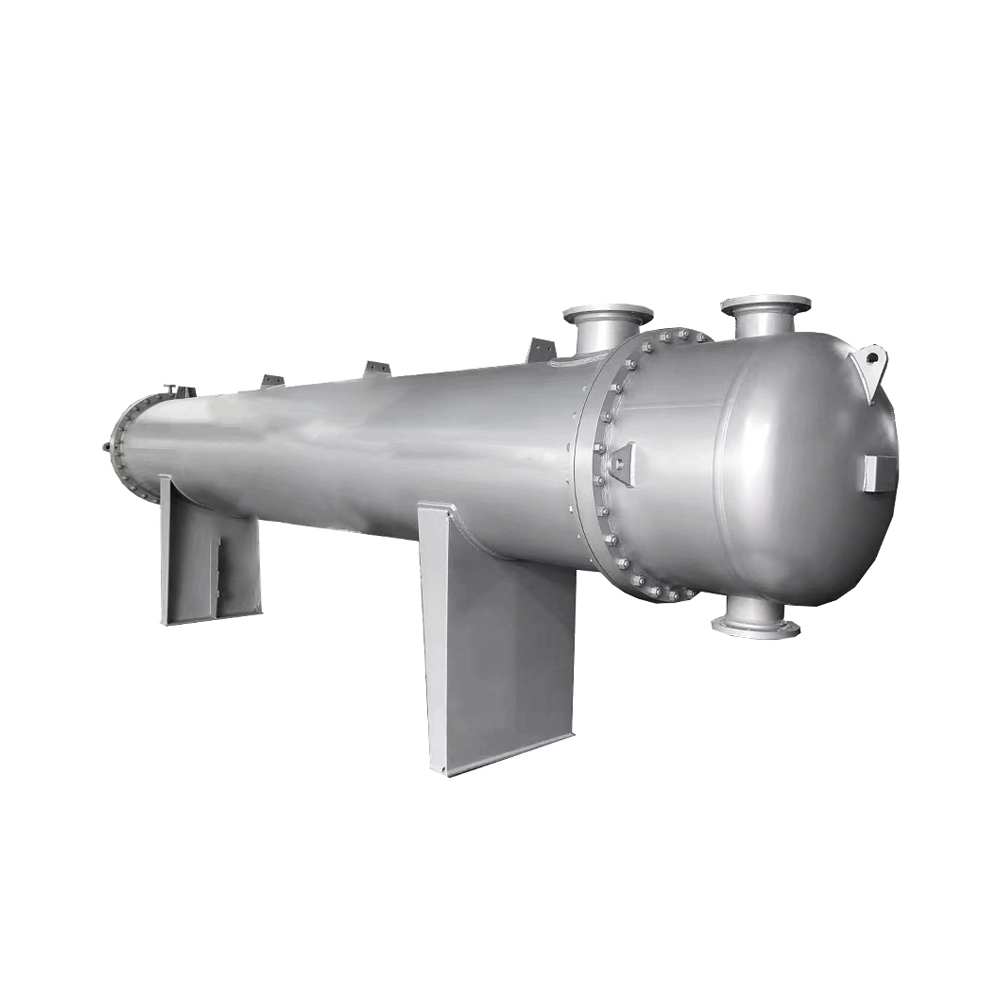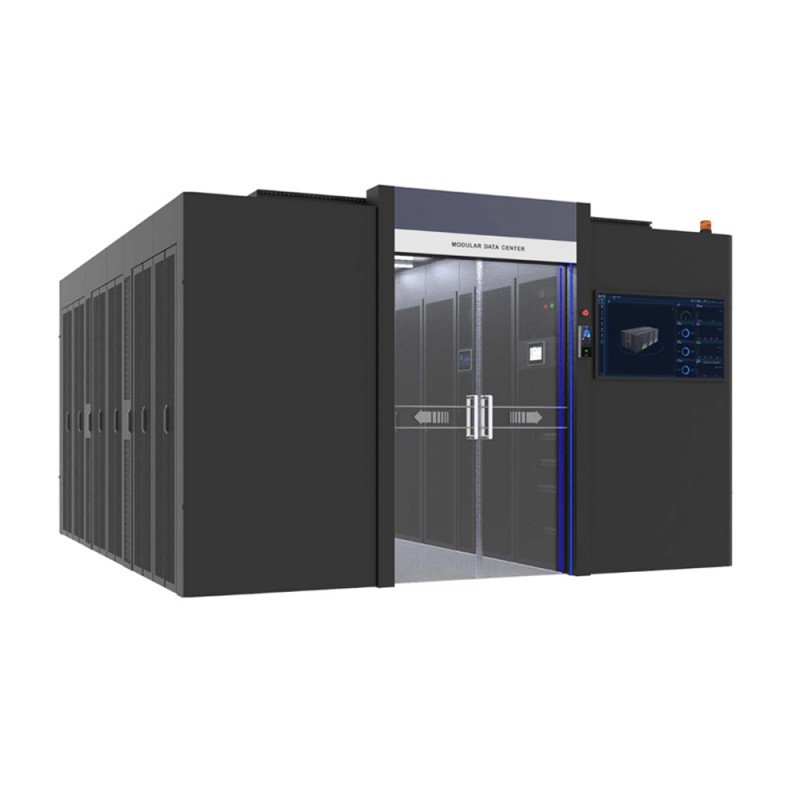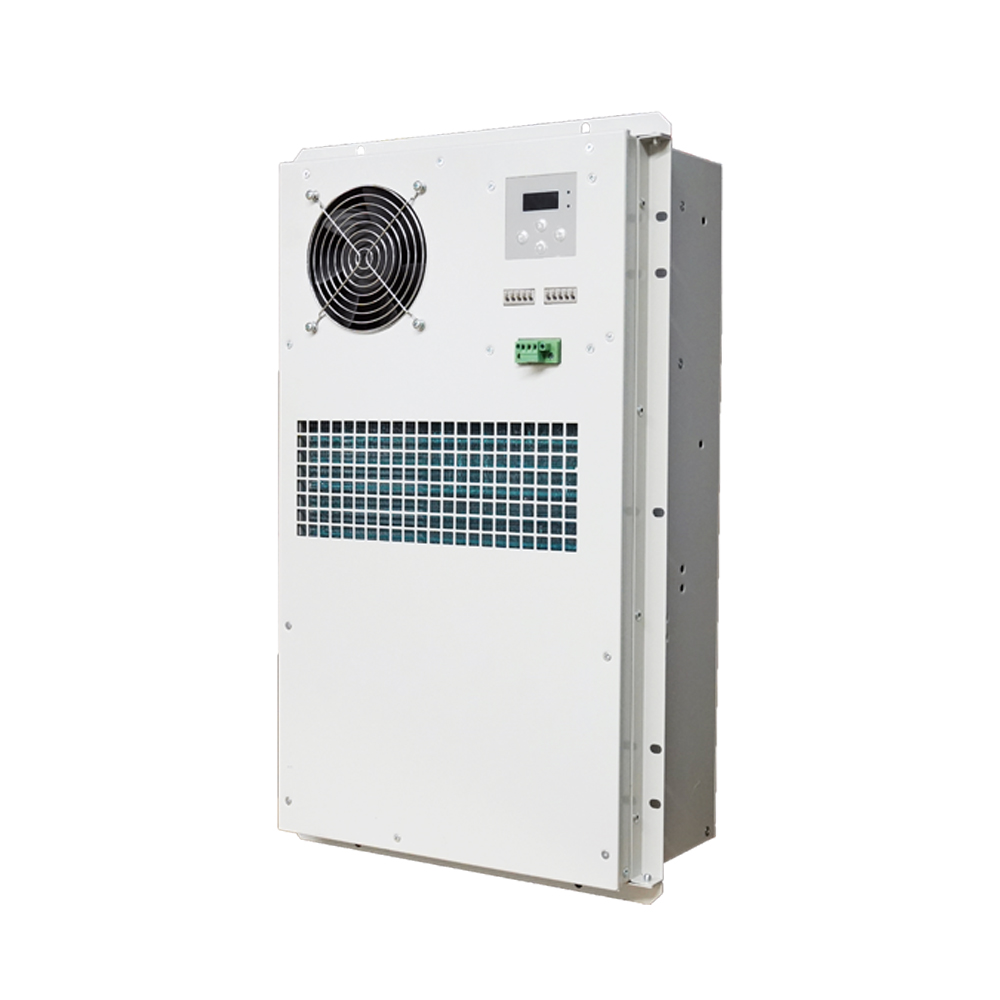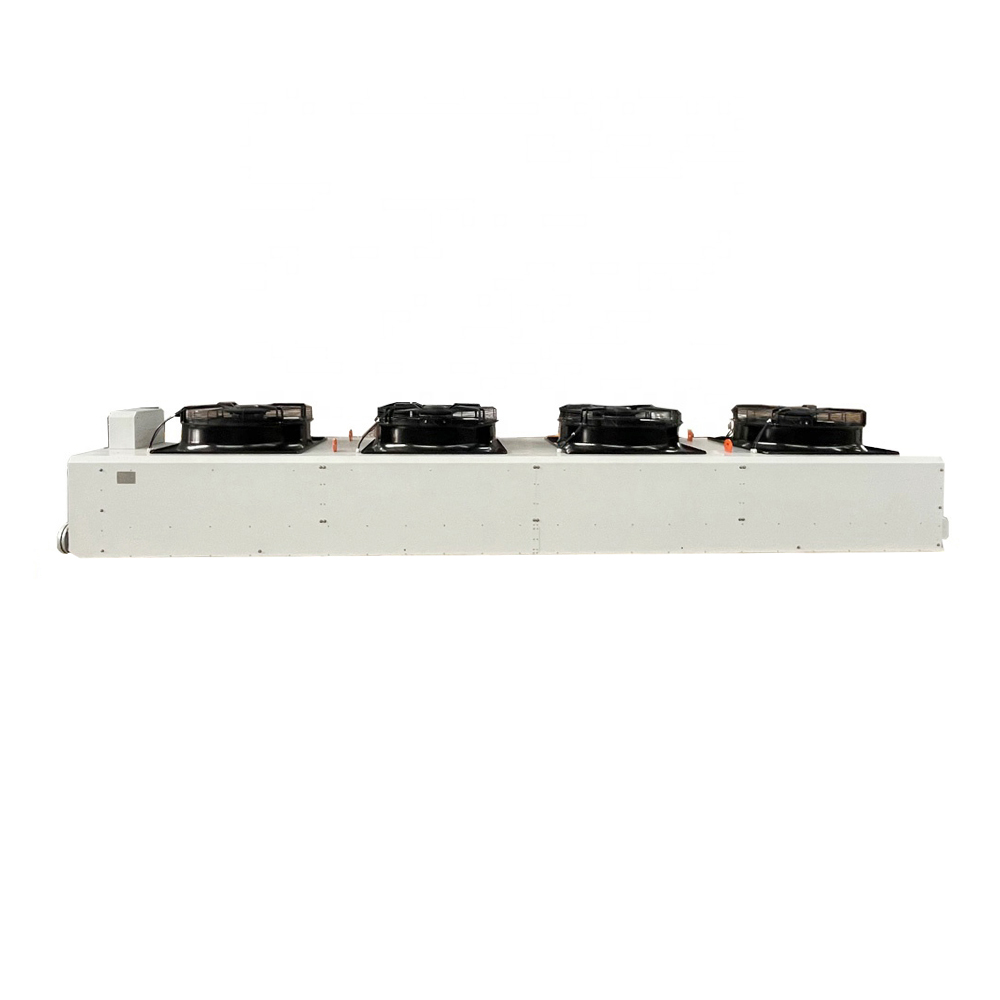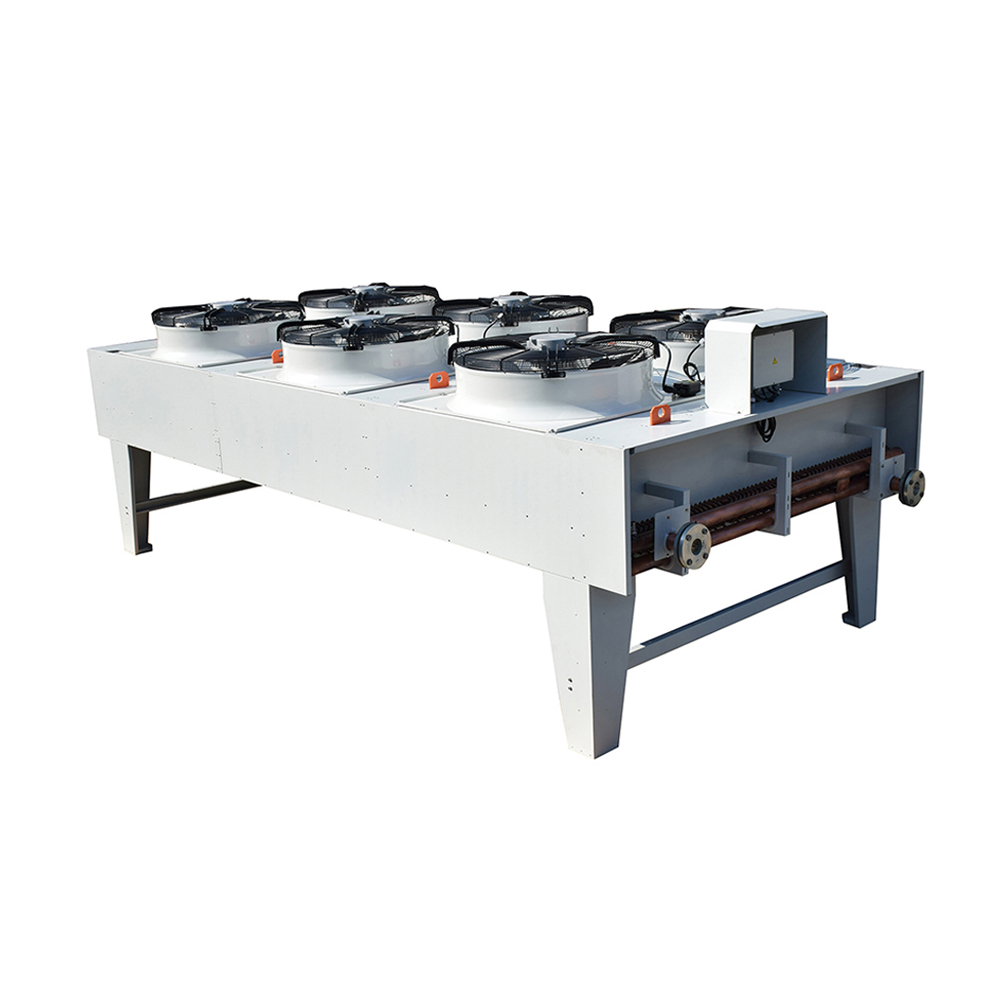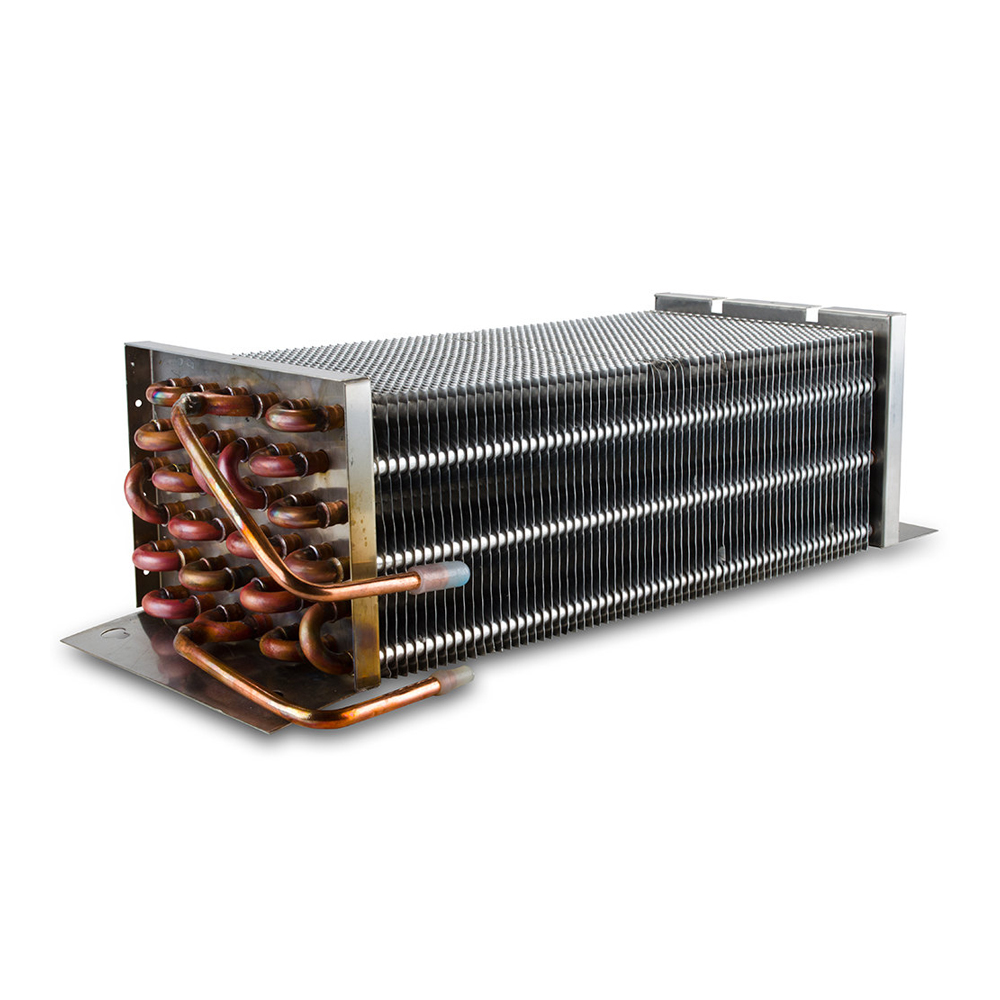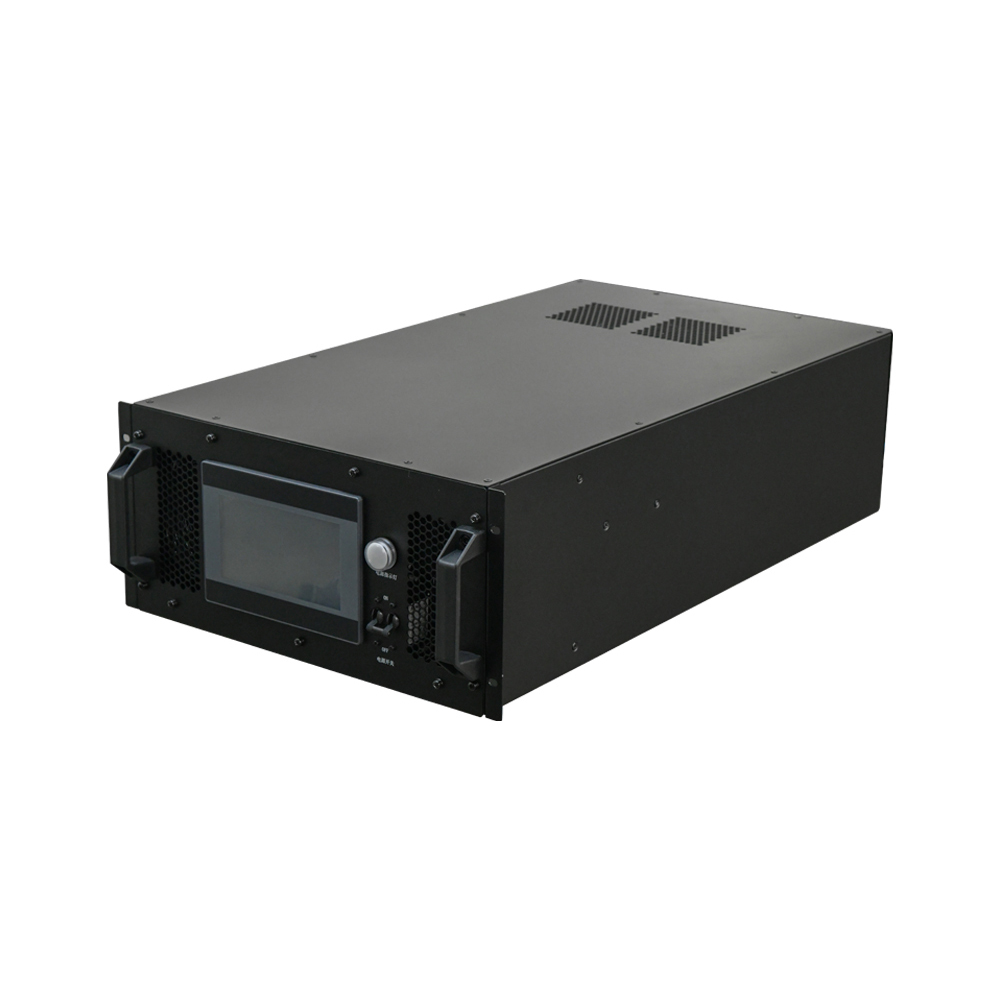Choosing the right heat exchanger coil is crucial for optimal performance in various applications. This guide provides in-depth information to help you select the best coil for your specific needs, considering factors like material, design, and application. We'll explore different types of coils, their advantages and disadvantages, and offer practical tips for installation and maintenance.
Understanding Heat Exchanger Coils
What is a Heat Exchanger Coil?
A heat exchanger coil is a crucial component in many heating and cooling systems. It facilitates the transfer of thermal energy between two fluids, typically a liquid and a gas, or two liquids with different temperatures. The efficiency of this heat transfer depends heavily on the design and material of the coil.
Types of Heat Exchanger Coils
Various types of heat exchanger coils exist, each designed for specific applications. Common types include:
- Finned Tube Coils: These are widely used due to their high surface area, enhancing heat transfer efficiency. They are commonly found in air conditioning and refrigeration systems.
- Plate Coils: These coils offer a compact design and are known for their high heat transfer rates. They're frequently used in industrial processes requiring efficient heat exchange in a limited space.
- Spiral Coils: Characterized by their compact design and efficient heat transfer capabilities. They find applications in various industries, including food processing and chemical processing.
- U-Tube Coils: Simple and easy to manufacture, these coils offer a good balance of efficiency and cost-effectiveness. They are commonly used in heating and cooling applications.
Factors to Consider When Choosing a Heat Exchanger Coil
Material Selection
The material of your heat exchanger coil significantly impacts its durability, corrosion resistance, and overall lifespan. Common materials include copper, stainless steel, and aluminum, each with its own set of advantages and disadvantages. Copper is known for its excellent heat transfer properties, while stainless steel offers superior corrosion resistance. Aluminum is a lightweight and cost-effective option.
Coil Design and Configuration
The design and configuration of the coil affect its performance. Factors to consider include the coil's diameter, length, fin spacing, and the number of tubes or plates. Careful consideration of these factors ensures optimal heat transfer efficiency.
Application and Operating Conditions
The intended application and operating conditions are paramount in selecting the appropriate heat exchanger coil. Factors such as temperature, pressure, and the type of fluids involved will influence the choice of material, design, and size.
Choosing the Right Heat Exchanger Coil for Your Needs
Selecting the best heat exchanger coil is highly dependent on your specific requirements. To ensure you make the right choice, carefully consider the factors outlined above. Consulting with a qualified HVAC professional can be invaluable in navigating the complexities of selecting the ideal coil for your project. For high-quality, durable coils, explore options from reputable manufacturers like Shanghai SHENGLIN M&E Technology Co.,Ltd. They offer a wide range of heat exchanger coils designed for various applications and operating conditions.
Maintenance and Care of Heat Exchanger Coils
Regular maintenance is essential for prolonging the lifespan and performance of your heat exchanger coil. This includes regular cleaning to remove accumulated dirt and debris, which can impede heat transfer. Inspecting for leaks and corrosion is also crucial. Proper maintenance ensures optimal performance and prevents costly repairs or replacements down the line.
Comparison of Common Heat Exchanger Coil Materials
| Material | Heat Transfer | Corrosion Resistance | Cost |
| Copper | Excellent | Good | Moderate |
| Stainless Steel | Good | Excellent | High |
| Aluminum | Good | Moderate | Low |
Note: The information provided in this table is a general overview. Specific properties may vary depending on the alloy and manufacturing process.









